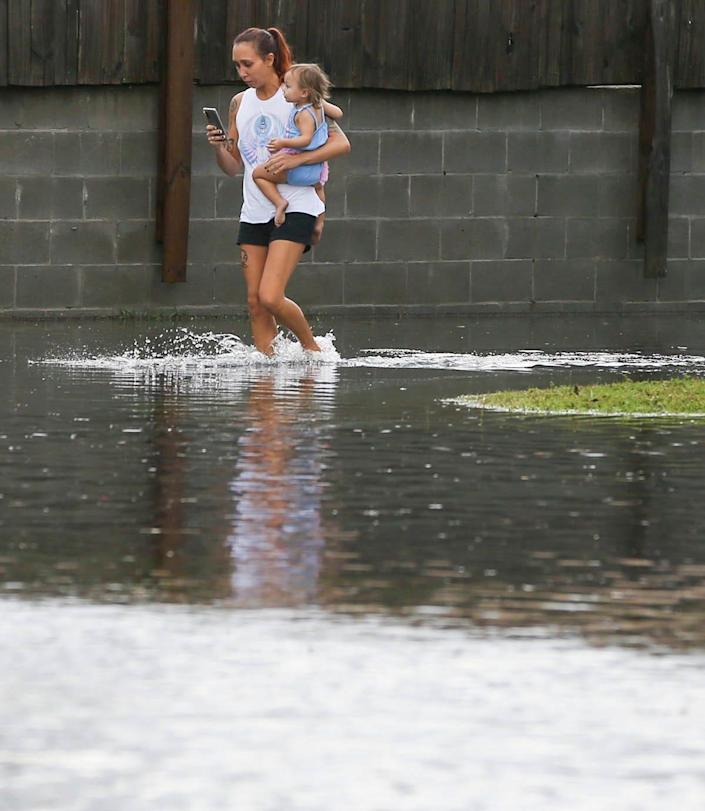Supreme Court to Review Limits of U.S. Environmental Law

Legal cases in state and federal courts across the country are challenging the limits of US environmental law. Among them is West Virginia vs. the EPA, which is destined to become one of the most important Supreme Court cases in recent legal history. Indeed, if the conservative-majority Court rules in favor of West Virginia, their decision could limit the Environmental Protection Agency’s ability to reduce greenhouse emissions, weaken all environmental regulations, deactivate hundreds of laws, and fundamentally alter the structure of the entire US government.
I’m anything but a constitutional scholar, but why is this even coming before the Supreme Court? Isn’t this a simple case of the federal government’s passing a law that the 50 states must obey?
Several states have passed laws decriminalizing the use of marijuana, but we all know that there is still a federal law in place, and that, if the feds wanted to, they could come into Colorado or California and start locking people up by the millions.
Apparently, there is an issue about ambiguous or self-contradictory language contained in the 1990 Clean Air Act. One hopes that some sort of technicality doesn’t get in the way of our capacity to mitigate climate change.
Moreover, one hopes that the conservative leanings of the Court don’t wind up enabling red states like West Virginia to lower or completely remove emissions standards.
